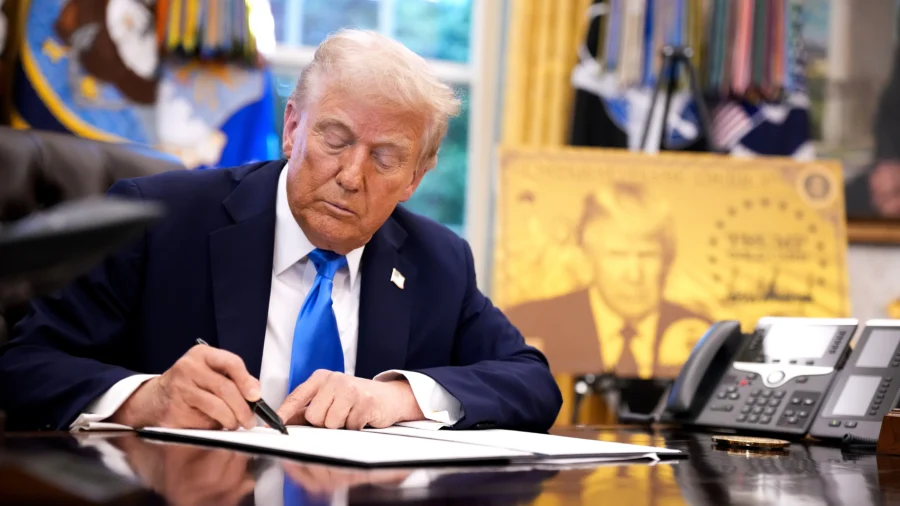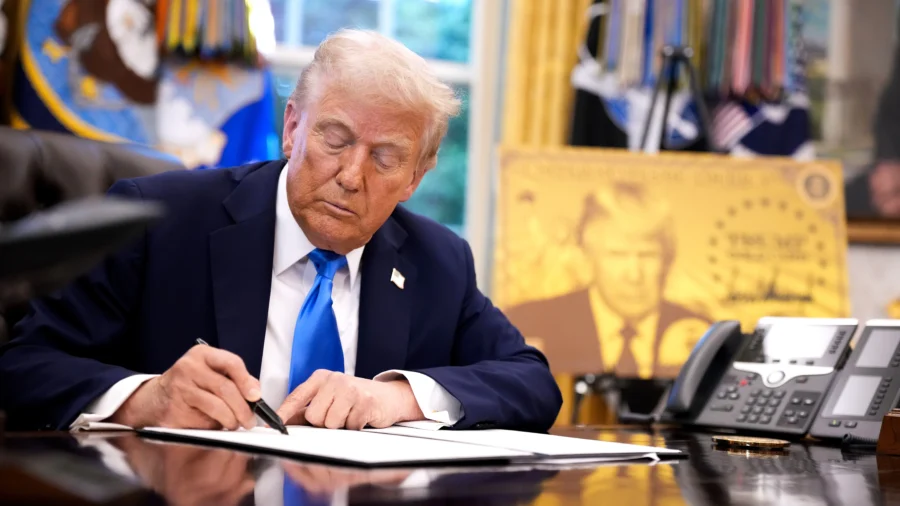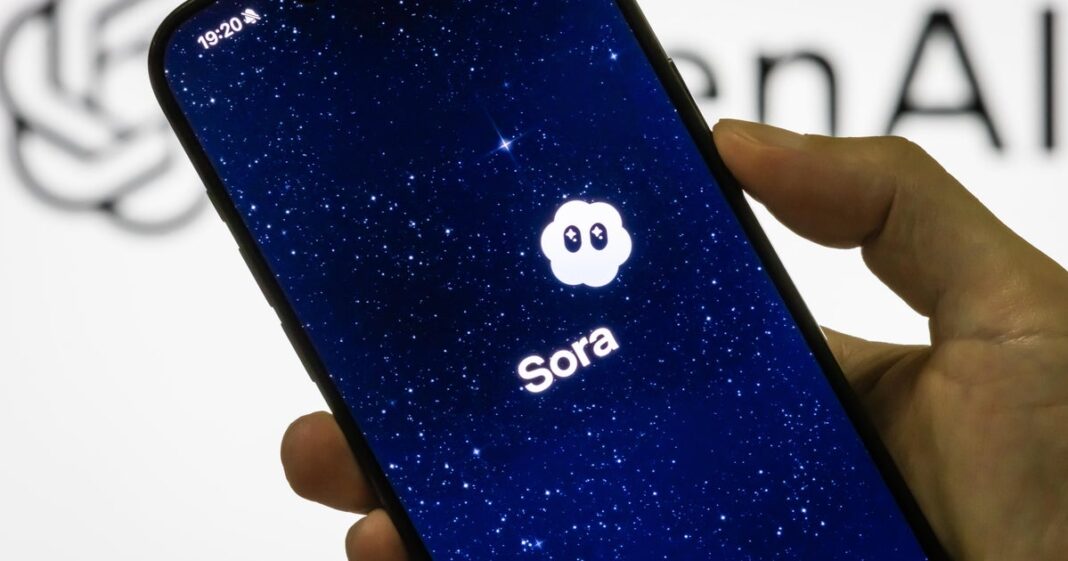
The U.S. Chamber of Commerce filed a lawsuit challenging President Donald Trump’s $100,000 fee on new H-1B visas for foreign workers.
The H-1B program allows U.S. employers to hire foreign workers in specialty fields, and technology companies in particular rely heavily on workers who receive H-1B visas. The program offers 65,000 visas annually, with another 20,000 visas for workers with advanced degrees, approved for three to six years.
The program’s critics, including members of the Trump administration, have said that H-1Bs and work visa programs are often used to replace American workers with cheaper foreign labor and that H-1Bs don’t necessarily bring in the most skilled individuals to fill positions.
However, business groups and major companies, including the Chamber of Commerce in its lawsuit, have said H-1Bs are a critical means of addressing a shortage of qualified American workers.
Bradley added in his statement that to support U.S. economic growth, there needs to be “more workers, not fewer,” while praising the Trump administration for other immigration-related actions such as bolstering security at the U.S.–Mexico border.
The chamber also argued in its lawsuit that the $100,000 payment does not amount to an entry restriction because it is paid by businesses and not visa recipients.
Trump’s order bars new H-1B recipients from entering the United States unless the employer sponsoring their visa has made an additional $100,000 payment. The fee will first apply to H-1B applicants selected in an annual lottery that takes place in March.
When the order imposing the new fee was signed by Trump last month, the White House was critical of the H-1B visa program. Noting that it was only “created to bring temporary workers into the United States to perform additive, high-skilled functions” more than 30 years ago, the administration said it has been “deliberately exploited to replace, rather than supplement, American workers with lower-paid, lower-skilled labor.”
Describing the situation as a “large-scale replacement of American workers,” the White House added that the program “undermined both our economic and national security,” while making it more difficult for some American college graduates to find work in the United States.
The administration also said that law enforcement agencies have found in their investigations that some companies using H-1B programs have engaged in fraud, racketeering schemes, conspiracy to launder money, and other crimes.
The White House did not immediately respond to a request for comment on Friday.
Reuters contributed to this report.


